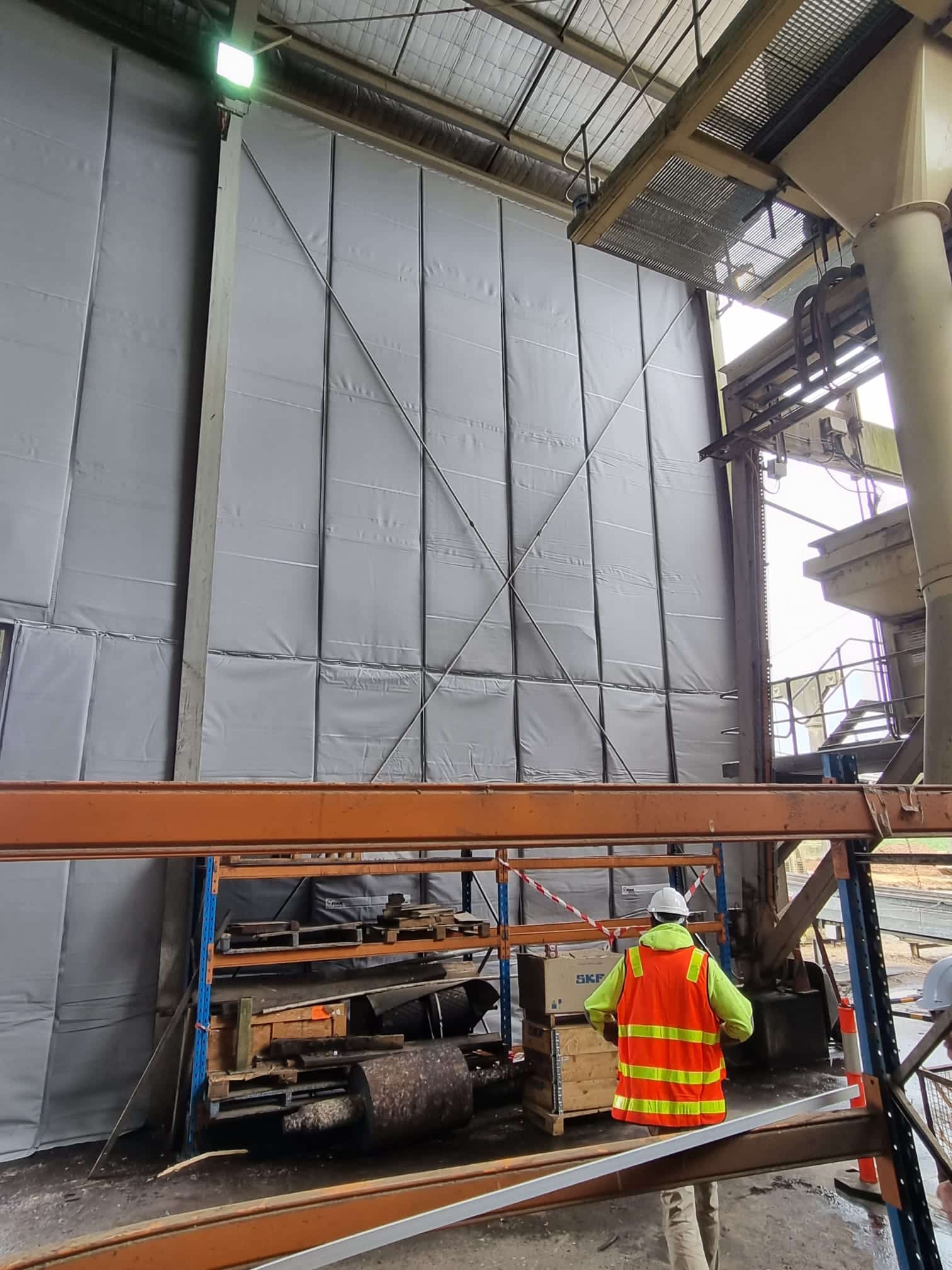Call 1300 799 969 | Contact Us


Home » Addressing the psychological effects of industrial noise
In the world of industrial workplaces, constant humming, whirring, and clanging creates an auditory landscape that can significantly impact employees’ psychological wellbeing and productivity. Beyond the physical dangers associated with industrial settings, the psychological effects of industrial noise often go unnoticed – but can be just as detrimental.
In this article, we’ll delve into the psychological aspects of noise in the workplace, exploring its impact on employee wellbeing and productivity, and proposing effective mitigation strategies.
Industrial noise, characterised by its high intensity and often irregular patterns, can paradoxically act as a silent culprit. It infiltrates employees’ minds, affecting their psychological wellbeing. Prolonged exposure to such noise has been linked to various psychological issues, including increased stress levels, anxiety, and depression.
The constant barrage of sound disrupts the human body’s natural rhythms, leading to heightened cortisol levels and a perpetual state of alertness. This chronic stress affects mental health and can manifest physically, contributing to insomnia, headaches, and cardiovascular problems.
What’s more, workers’ inability to escape from the omnipresent noise in industrial settings can lead to feelings of helplessness and frustration. This psychological burden can erode morale, negatively impact job satisfaction, and increase the likelihood of burnout. And as the boundaries between work and personal life blur, the repercussions of industrial noise extend far beyond the factory floor.
Along with its impact on mental health, industrial noise poses a significant threat to productivity. Studies have consistently shown that exposure to high noise levels can impair cognitive function, hinder concentration, and reduce overall task performance. Continuous background noise competes for cognitive resources, making it challenging for employees to focus on their work and maintain the attention required for complex tasks.
What’s more, the stress induced by industrial noise can lead to increased absenteeism and presenteeism, where even though employees may be physically present, their diminished cognitive abilities and heightened stress levels compromise their ability to perform at their best.
This productivity paradox not only affects individual workers but can also have cascading effects on your organisation’s overall efficiency and competitiveness.
Addressing the psychological effects of industrial noise requires a multi-faceted approach that combines engineering controls, administrative measures, and employee empowerment.
Things like noise barriers and acoustic enclosures, can help reduce the overall noise levels in the workplace. Additionally, regular maintenance and upgrading of machinery can minimise the generation of unnecessary noise.
Such as implementing sound management policies and scheduling practices. This may include rotating employees through noisy tasks, providing quiet zones for breaks, and enforcing the use of personal protective equipment, such as noise-cancelling headphones.
This is a crucial part of mitigating the psychological effects of industrial noise. Providing education on the importance of hearing protection, offering stress management programs, and encouraging open communication channels can empower employees to take an active role in their own wellbeing.
As industries continue to evolve, so too must their approach to addressing the psychological effects of industrial noise. Recognising noise’s impact on employees’ wellbeing and productivity is the first step toward creating a healthier and more efficient workplace.
By implementing effective mitigation strategies and fostering a culture of awareness, organisations can ensure that the soundscape of their workplaces promotes safety and productivity – as well as the psychological wellbeing of their most valuable asset: their employees.
For expert advice on the right noise control solutions for your facility, please contact Flexshield at 1300 799 969.